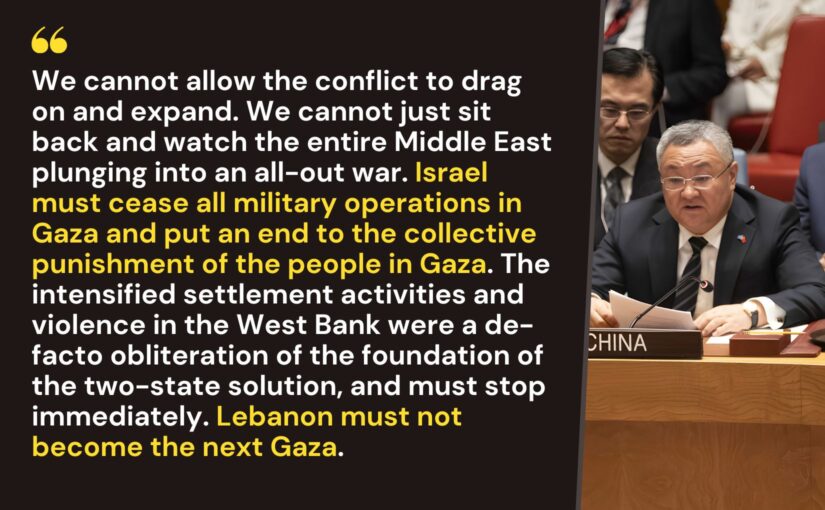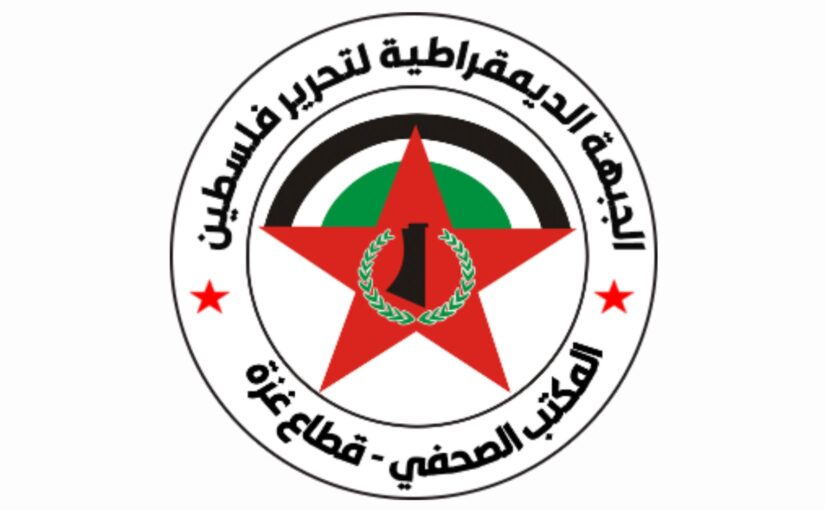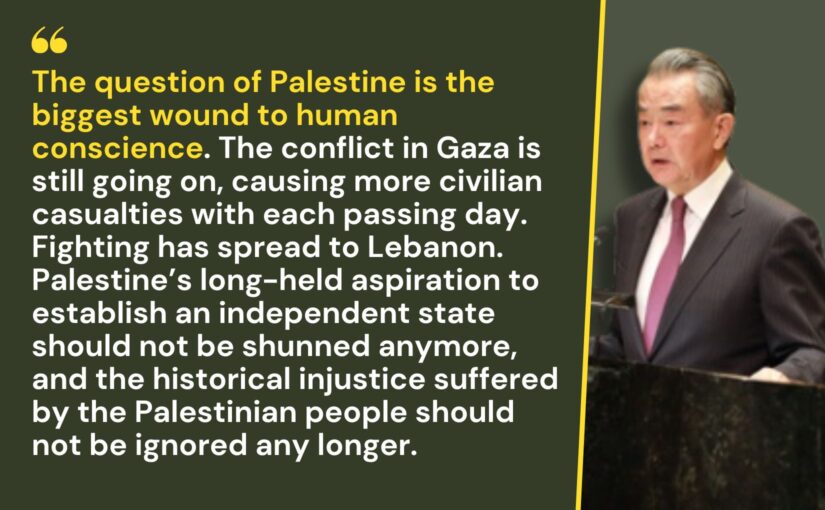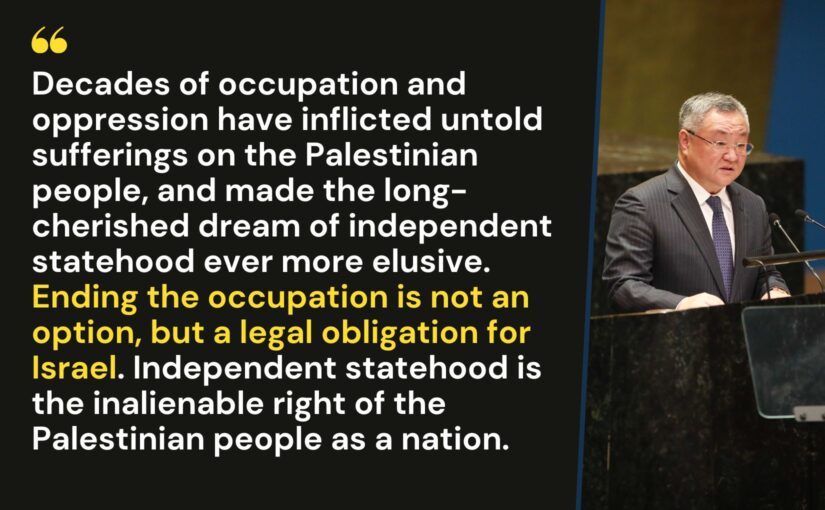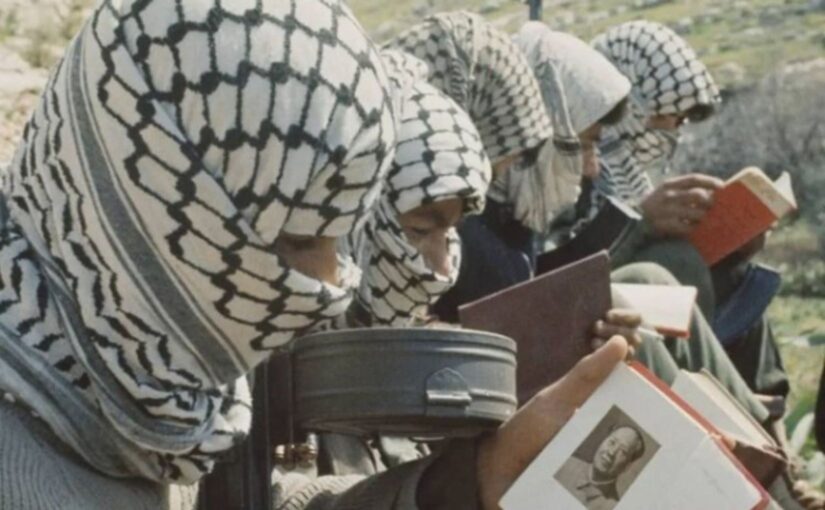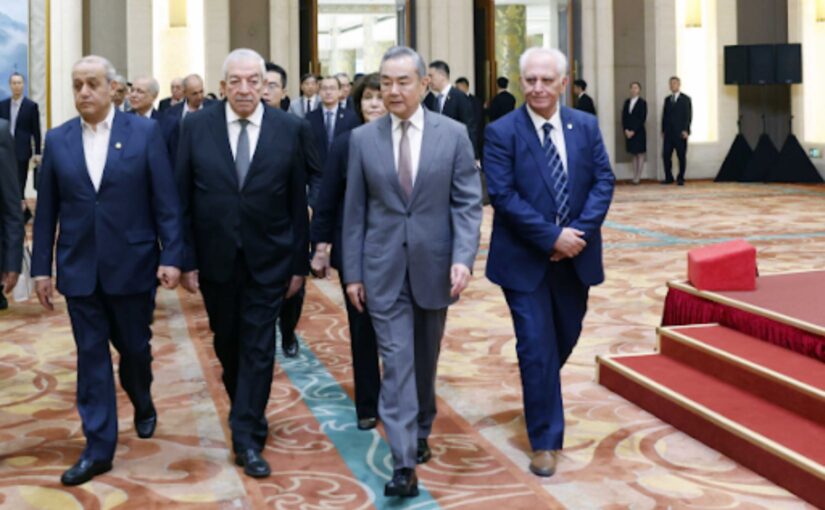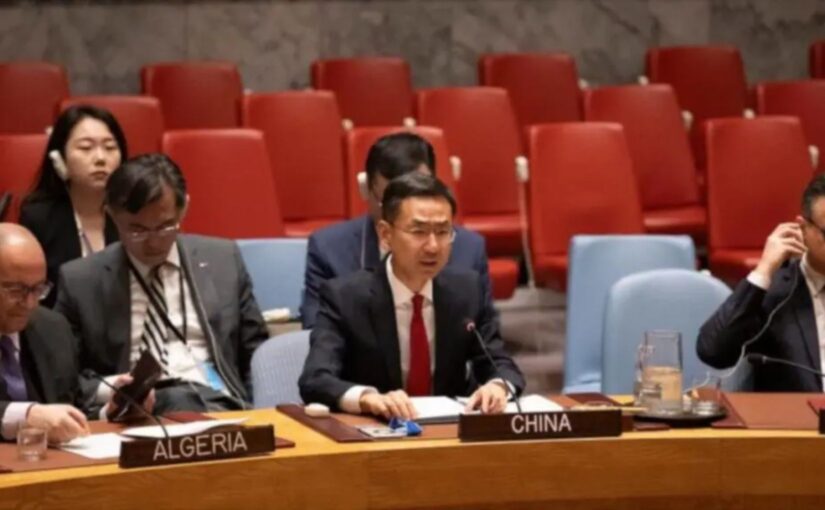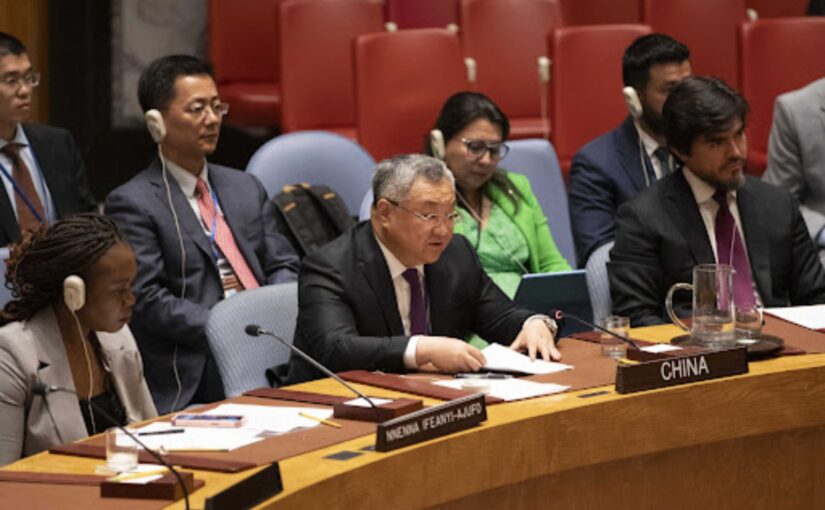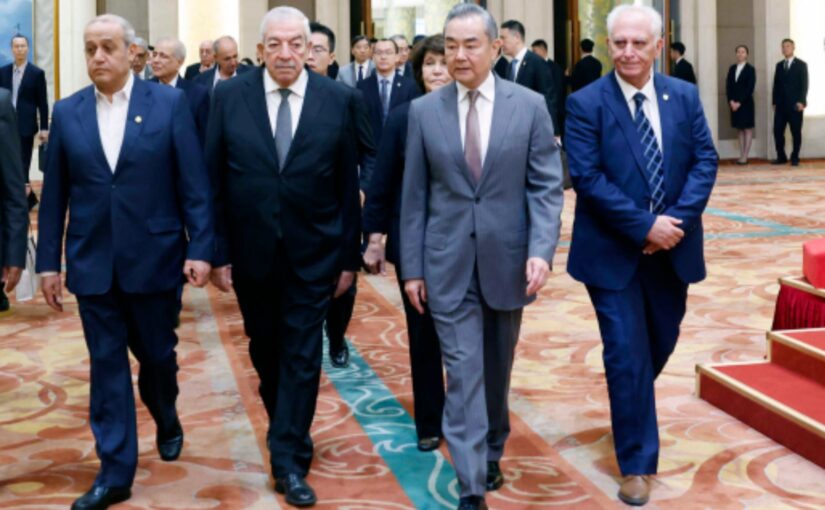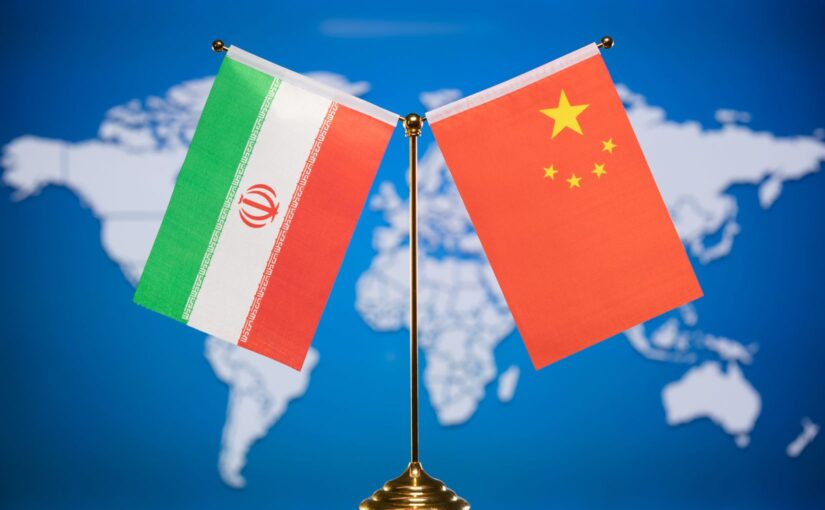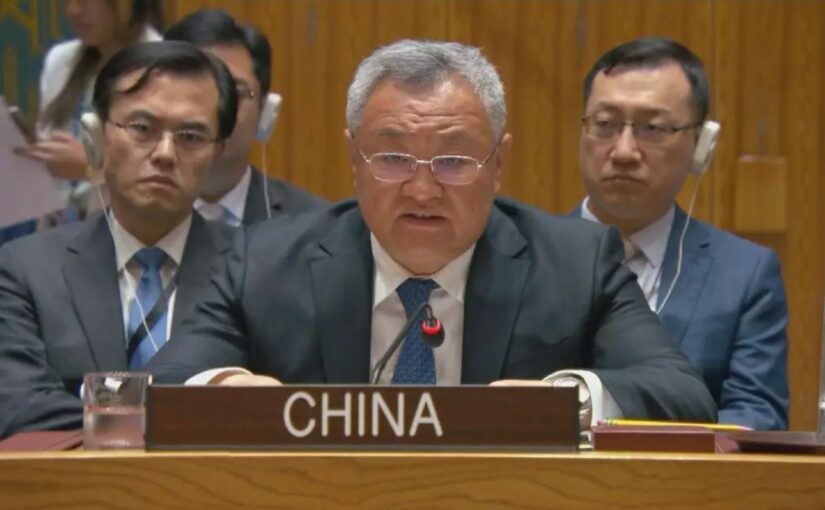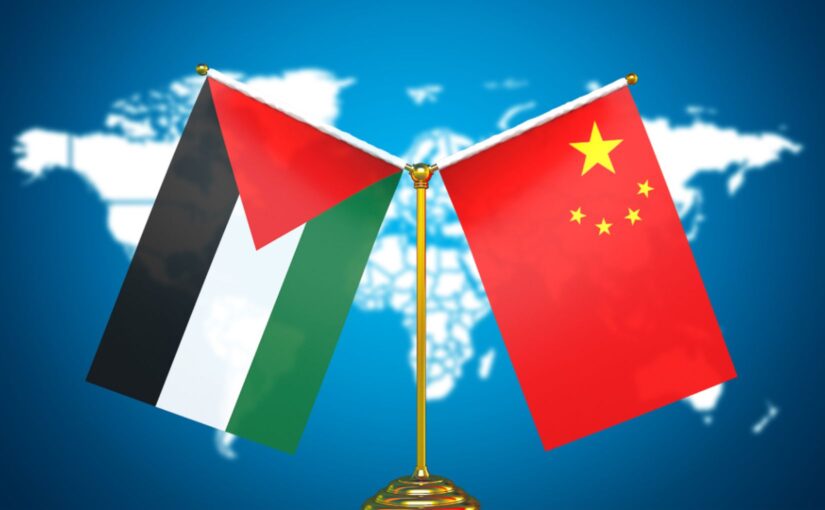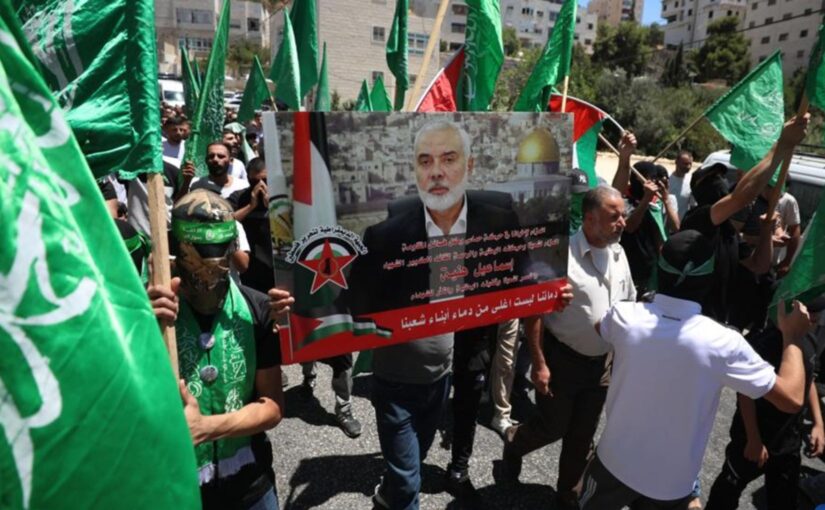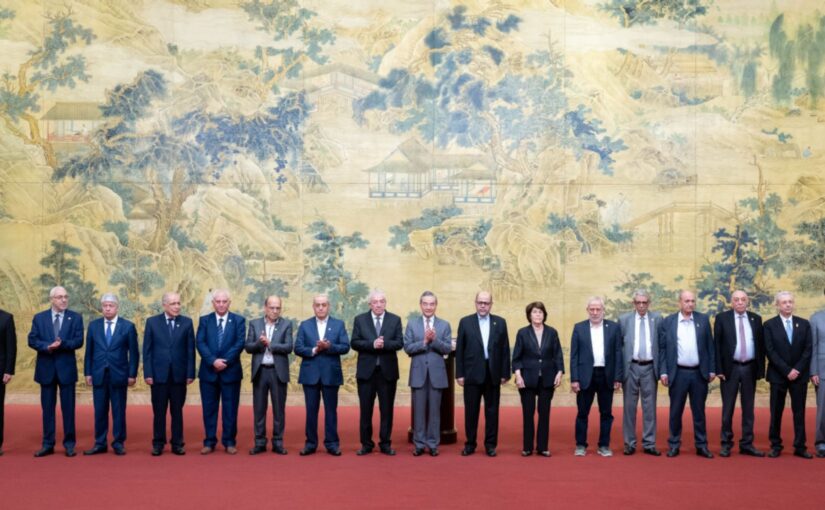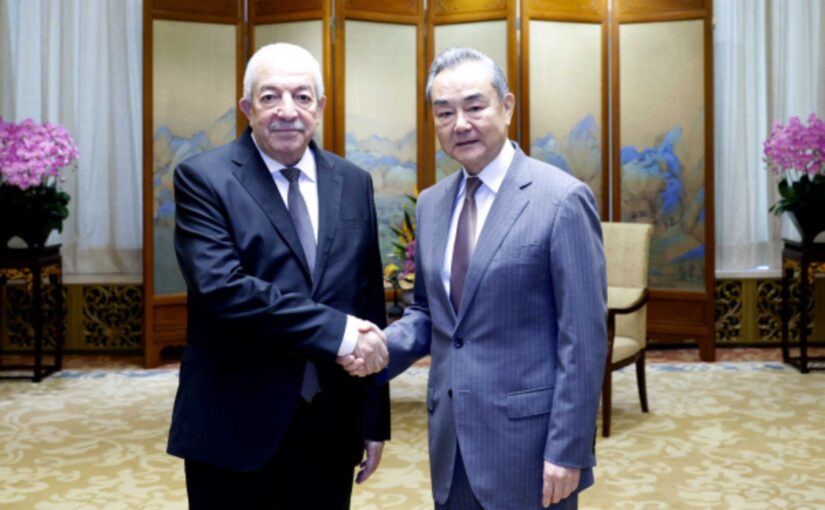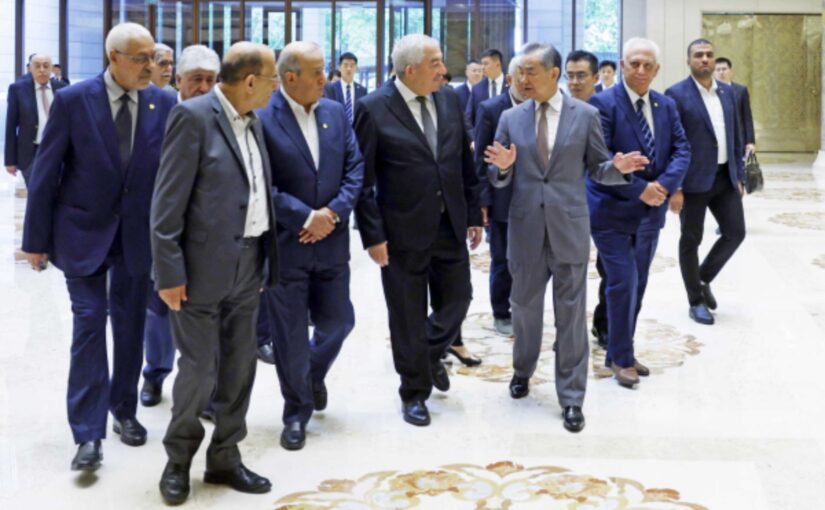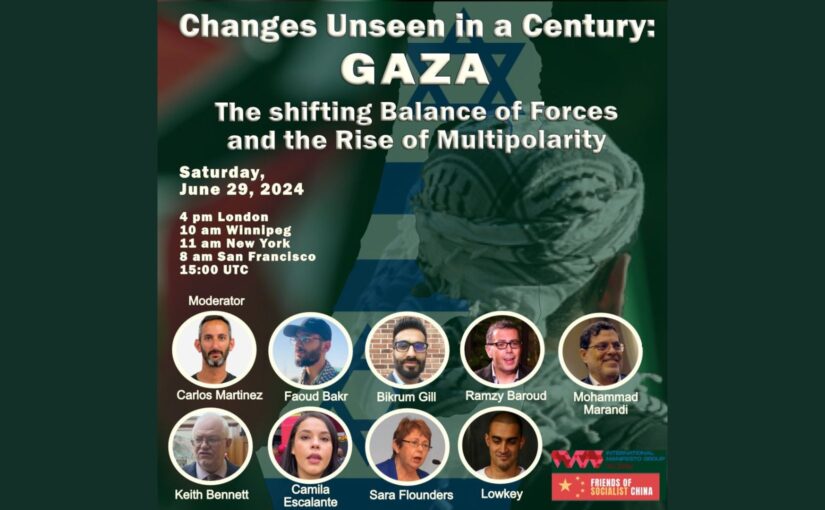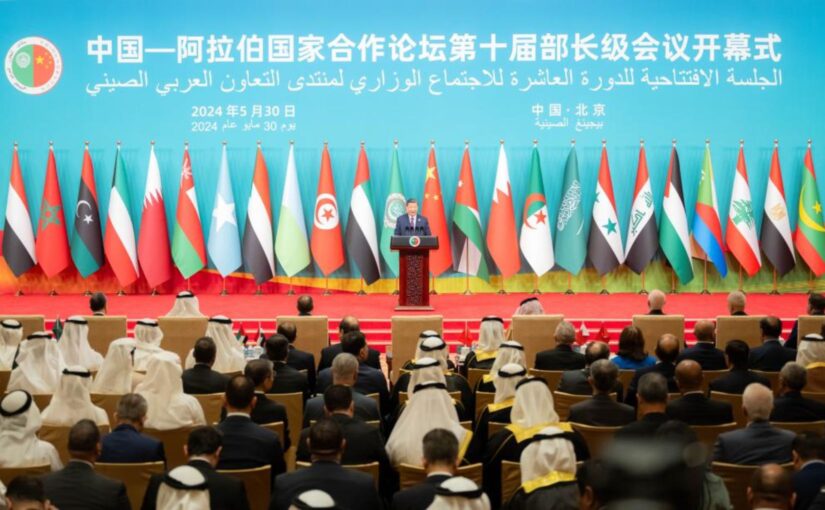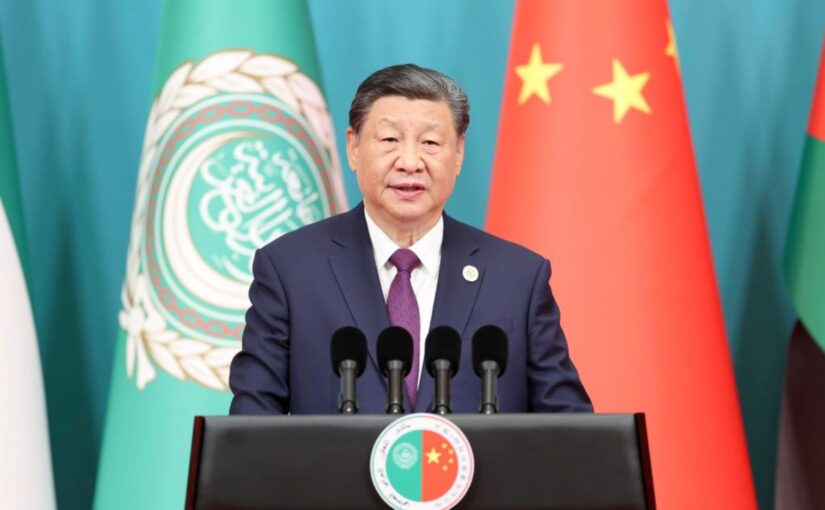Within the first ten days of October, Chinese Ambassador Fu Cong has spoken out strongly in the United Nations Security Council (UNSC) against the criminal behaviour, war crimes and atrocities of the Israeli regime as well as against the support, connivance and protection afforded to it by the United States.
On October 10, speaking at the UNSC Briefing on the Lebanese-Israeli Situation, Ambassador Fu stated:
“A few hours ago, the IDF [“Israeli ‘Defence’ Force”] attacked UNIFIL [UN peace keepers] positions and an observation tower, causing injuries to UNIFIL personnel. China expresses grave concerns and strong condemnation. UNIFIL carries out its peacekeeping tasks under the mandate from the Security Council resolution. Any deliberate attacks on peacekeepers constitute a severe violation of international humanitarian law and Security Council Resolution 1701.”
He went on to make three points:
First, since October last year, the series of destabilising events that have taken place in the Middle East have resulted in more than 100,000 civilian casualties and left millions of people displaced. The cleanup work will take a decade or so. What’s more, the trauma brought by conflicts will be a lingering nightmare for generations to come. The Middle East cannot afford a full-scale war.
Second, achieving a ceasefire must be an overarching priority. We note that all parties in Lebanon have already made a unanimous call for an immediate ceasefire. The Arab League has also issued an explicit appeal. It is clear who holds the key to ending this crisis.
Third, there is no time to lose for the Council to act. Clearly referring to the United States. he said: “We urge a certain country to stop its passive procrastination, cover-up, and connivance. Instead, it should act responsibly and play a constructive role in order to prevent further destabilisation of the situation.”
The previous day, during the UNSC Briefing on the Humanitarian Situation in Gaza, he noted:
Two million people in Gaza are struggling under the blockade and fire, and one out of every fifty people has suffered violent death. The authority of international law seems to exist in name only for certain states, and the bottom line of international humanitarian law has been repeatedly shattered. The tragedy in Gaza is unimaginable and unbelievable in the 21st century. Like many Council members, China is shocked, disappointed, and outraged. However, we do not believe that the Palestinian people are destined to suffer. Nor do we believe that the Council as a collective body has exhausted all efforts to maintain peace.
We cannot accept that death and hunger have become the new normal in Gaza. Gaza is already an inferno on Earth. For the people there, humanitarian aid is the hope for survival. The role of UNRWA [the United Nations Relief and Works Agency for Palestine Refugees in the Near East] is indispensable and irreplaceable. China firmly opposes Israel’s smearing and suppression of UNRWA and is gravely concerned about the relevant Knesset [Israeli parliament] bills targeting the Agency.
We cannot allow the conflict to drag on and expand. We cannot just sit back and watch the entire Middle East plunging into an all-out war. The harsh reality has proved that winning a war does not necessarily mean having peace, military might alone cannot guarantee lasting security, and the obsession with force only creates more killings and hatred. Israel must cease all military operations in Gaza and put an end to the collective punishment of the people in Gaza. The intensified settlement activities and violence in the West Bank were a de-facto obliteration of the foundation of the two-State solution, and must stop immediately. Lebanon must not become the next Gaza.
We cannot ignore the marginalisation of the Council. There is broad consensus among the vast majority of Council members on the Palestinian-Israeli issue. After repeated vetoes of the Council’s demand for an immediate ceasefire, the US put forward a ceasefire initiative last May, claiming that Israel had accepted it and requesting the Council’s support for an agreement through diplomatic talks. However, over the past five months, the so-called diplomatic efforts seemed to be going in circles, and more time and patience have led to greater civilian casualties and more reckless military adventurism.
Days earlier, on October 2, Ambassador Fu addressed a previous UNSC Briefing on the Lebanese-Israeli Situation. He said: “I would like to reiterate China’s resolute support for the Secretary-General’s work, and we oppose Israel’s groundless accusations against him,” and continued:
“Following the remotely operated and simultaneous detonation of thousands of communications devices in Lebanon, Israel carried out several rounds of large-scale airstrikes in southern and eastern Lebanon, and launched ground offensive and military incursion into Lebanon yesterday. Israel also intensified airstrikes against Syria.”
He then carefully and precisely added: “Iran has concluded a series of military attacks on the military and security targets of Israel, and sent correspondence to the Security Council explaining its position”, and noted that China condemns “all violence and attacks against civilians.” [Emphasis added by us.]
“Gaza has become a hell on Earth. In the meantime, in Lebanon, there has been massive destruction of civilian facilities, thousands of casualties, and more than one million people displaced from their homes, including a large number of Palestinian refugees.”
Finally, he addressed himself to the United States, as well as a tiny number of other countries, including Britain: “With the current situation hanging by a thread, any passive procrastination would be irresponsible, and any rhetoric of condoning further military adventurism would send a wrong message and could cause serious consequences. We hope major countries with influence will adopt a sincere and responsible attitude and earnestly play a constructive role to avoid further escalation of the situation.”
Continue reading Fu Cong: The tragedy in Gaza is unimaginable and unbelievable in the 21st century